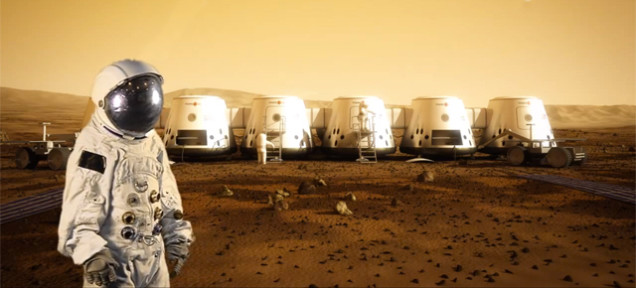The Human Heart Might Not Stand a Trip to Mars
2014.04.01

Some new findings are suggesting that the human heart will not be able to stand a trip to Mars. It'll take some 18 months to get there, and new findings from a recent NASA study which included 12 astronauts aboard the ISS confirmed that in microgravity, the human heart becomes more spherical by a factor of nearly 10 percent.
According to James Tomas, M.C., Moore Chair of Cardiovascular Imaging and Lead Scientist for Ultrasound at NASA:
The heart doesn't work as hard in space, which can cause a loss of muscle mass.
That can have serious consequences after the return to Earth, so we're looking into whether there are measures that can be taken to prevent or counteract that loss.
The astronauts' hearts returned to their longer, typical shape not long after returning to Earth, and while scientists know a more spherical heart means less efficiency, the long term effects of the change in shape have yet to be confirmed. That can have serious consequences after the return to Earth, so we're looking into whether there are measures that can be taken to prevent or counteract that loss.
All the more reason we need to be in suspended animation to get to Mars, or elsewhere. [Science Blog]
More Articles
Copyright © Fooyoh.com All rights reserved.